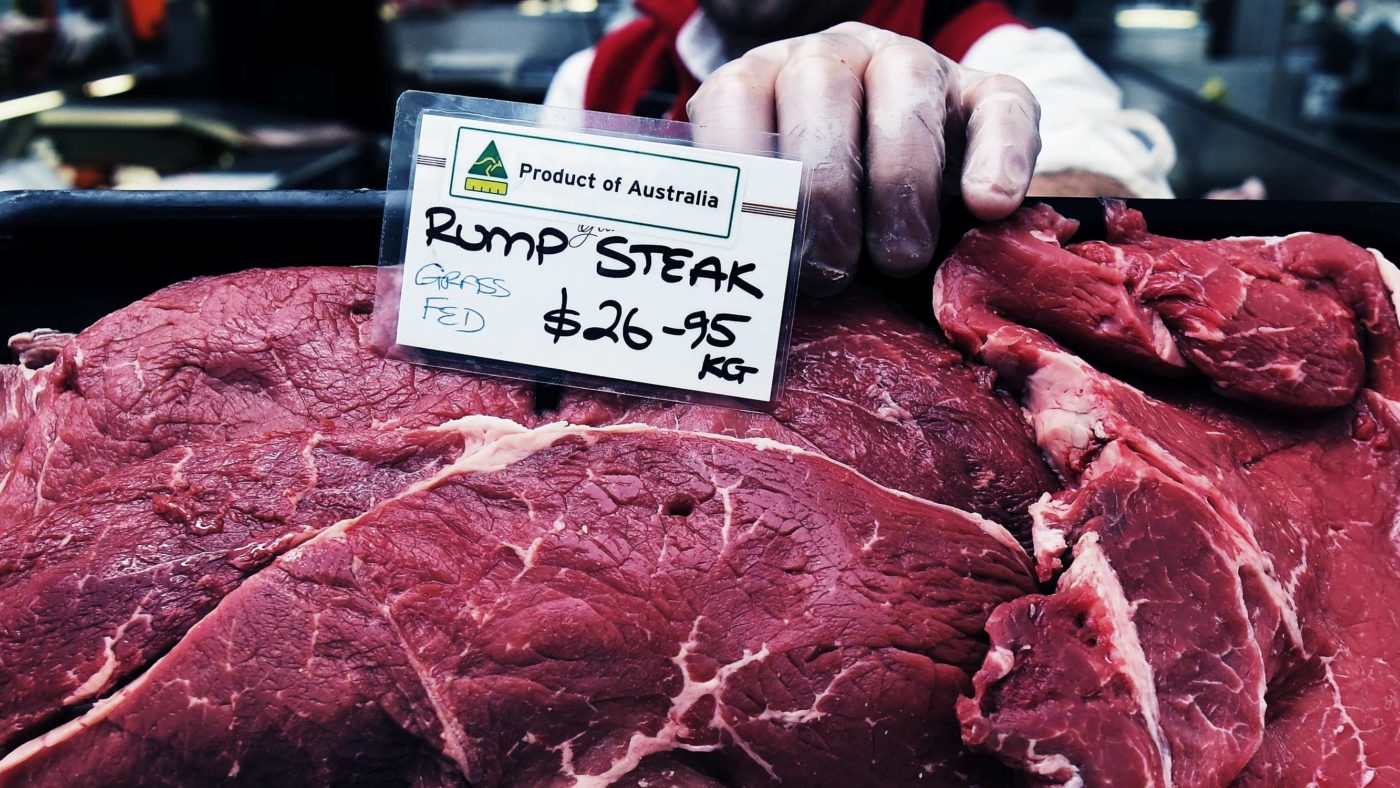One of the challenges for free traders is that whenever trade barriers are lowered, while consumers gain from lower prices and wider choice, existing producers, who do not or cannot adapt, lose out due to increased competition.
Economists usually describe this as dispersed gains but concentrated losses. Often the producers are better organised and more vocal than the hundreds, thousands or even millions of dispersed consumers who benefit from free trade.
We have seen this phenomenon unfold in the UK since we left the EU. When the UK was a member of the EU, we were bound by the EU’s Common External Tariff (CET) under which only 47% of the UK’s trade with the rest of the world was tariff-free.
In 2019, there were reports that the UK was considering scrapping up to 90% of tariffs on imported goods. However, when the Government announced its new UK Global Tariff (UKGT) in May last year, it made only 60% of imports tariff-free. Less than hoped for, but less protectionist than the EU.
Clearly the Government had given into vocal protectionist lobbies, but in its press release it spun maintaining tariffs on agricultural products such as lamb, beef, and poultry, cars and the vast majority of ceramic products as “backing UK industry”. In addition, most of the messages from the Department of International Trade have focused on new export markets for UK producers rather than the gains to consumers.
To be fair, there is another political reason to maintain some tariffs. While many free traders would argue for the unilateral removal of import barriers, trade negotiators use tariff and non-tariff barriers as bargaining chips in trade negotiations to open up overseas markets for exporters.
But maintaining import tariffs could be seen as a missed opportunity, given that politicians of all parties are concerned with the cost of living for the ‘just about managing’ and the ‘levelling up’ agenda.
Having secured continued protectionism at a cost to British consumers, it seems that the National Farmers Union (NFU) are at it again.
With news of a possible trade deal with Australia allowing a wider choice to UK consumers, the NFU President, Minette Batters, has claimed imports from Australia would make it “all but impossible’ for British family farms “to compete with vast volumes of imports from the southern hemisphere produced in a very different manner”. To tug the heart strings further, she added: “Surely no one can want our land to become like the Australian Outback or the American dust bowl.”
So, there we have it. Even though Australian beef makes up around 1% of current beef imports, compared to 90% from EU countries, the NFU claims that cheaper prices and more choice for consumers would lead to much of rural England becoming like the American dust bowl.
We can expect rural MPs’ post-bags to be filled with letters arguing that agricultural imports would decimate the British countryside. Only time will tell if the UK government gives in to the NFU’s fearmongering.
Even without such lobbying, there are already many consumers who would prefer to buy British agricultural produce for patriotic, environmental, animal welfare or other reasons. This is clear from the emphasis that shops such as Morrisons place on stocking British goods, and the many buy British or buy local campaigns.
However, there are other consumers for whom cheaper food and more choice could mean more money available for other necessities.
Given this diversity of consumer interests, we should leave it to the consumer themselves to decide what food and produce they wish to buy, as long it is safe. Let’s hope that the UK government will one day soon decide to ‘back British consumers’ rather than crony capitalists calling for protectionism.
Click here to subscribe to our daily briefing – the best pieces from CapX and across the web.
CapX depends on the generosity of its readers. If you value what we do, please consider making a donation.


